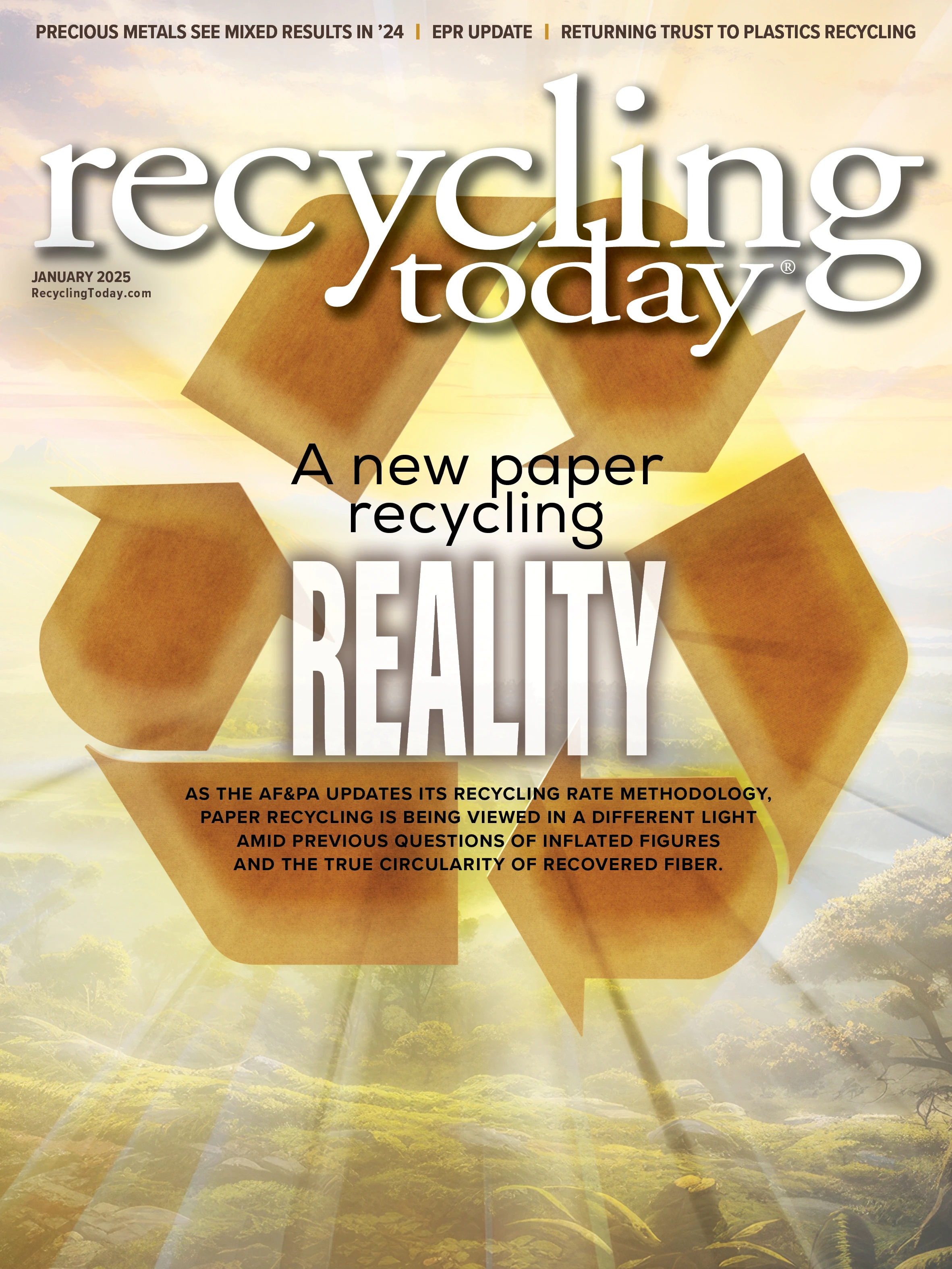Sarah Zwilsky
Vice President at Potomac Metals

Sarah Zwilsky
Sarah Zwilsky initially didn’t envision joining her family’s metals recycling company, Sterling, Virginia-based Potomac Metals. Despite growing up watching her father build the business, she had her misgivings about working in the recycling industry.
“It just never seemed like an industry where a woman really could thrive,” Zwilsky says.
But seeing her brothers join the business and help it grow changed her mind.
“I realized my seat at the table had always been there,” she says.
Zwilsky first joined the company as an administrative assistant, climbing the ranks to eventually serve as vice president, but one of her biggest hurdles has been earning the respect of her colleagues.
“You’re not just the boss’ daughter—you’re here to work,” Zwilsky says. “I overcame that by [being] boots-on-the-ground and getting my hands dirty when I wasn’t asked to. There’s really no task in here that I would turn down.”
As vice president, Zwilsky’s first priority is nonferrous purchasing, but she also works on the company’s financials, oversees daily operations and human resources and handles new business and equipment acquisitions.
“We’re looking to grow,” she says. “I spend probably an hour every day working on ways to grow.”
In the following interview, Zwilsky discusses legislative challenges affecting the metals recycling industry.
"That’s when I realized my seat at the table had always been there.”
Recycling Today (RT): What are some challenges impacting the recycling industry today?
Sarah Zwilsky (SZ): One thing I deal with constantly is legislative issues. I feel like there’s not enough legislation supporting the metals recycling industry, but there’s a lot of legality and regulations about how we can and cannot operate. At the end of the day, our industry contributes to such a bigger picture of sustainability and supporting the environment, there should be a lot more legislation that supports us.
The U.S. can improve state by state as well. ... There are some incentives in Virginia, but we struggle in other states, and it’s something that could get a lot better.
RT: What are the incentives in Virginia, and how have they impacted your business?
SZ: In the last five years, we went through a Virginia sales tax audit where we found out we were [deemed] sales tax-eligible. ... [But] in this industry, you are sales tax-exempt. For two years, we were paying millions of dollars to fight this against the state. If the state had a better understanding of what we do, it wouldn’t have been an issue.
But, on the flip side, there are some really good things going on in this area. There’s a big equipment tax break. If you’re buying equipment and you’re in this industry, you can get a good rebate on that, and it’s an incentive to help the business grow.
There’s a big incentive federally for clean energy. So, if you’re buying an e-forklift or an electric material handler, there’s a grant that, ultimately, if you work it right, you can almost get that equipment for free, but there’s not a ton of support on how to get that money [and] make it accessible for middle-market companies such as ourselves. A lot of it ultimately goes to the bigger corporations that have a whole department to work on those grants.

Explore the January 2025 Issue
Check out more from this issue and find your next story to read.
Latest from Recycling Today
- BMW Group, Encory launch 'direct recycling’ of batteries
- Loom Carbon, RTI International partner to scale textile recycling technology
- Goodwill Industries of West Michigan, American Glass Mosaics partner to divert glass from landfill
- CARI forms federal advocacy partnership
- Monthly packaging papers shipments down in November
- STEEL Act aims to enhance trade enforcement to prevent dumping of steel in the US
- San Francisco schools introduce compostable lunch trays
- Aduro graduates from Shell GameChanger program





